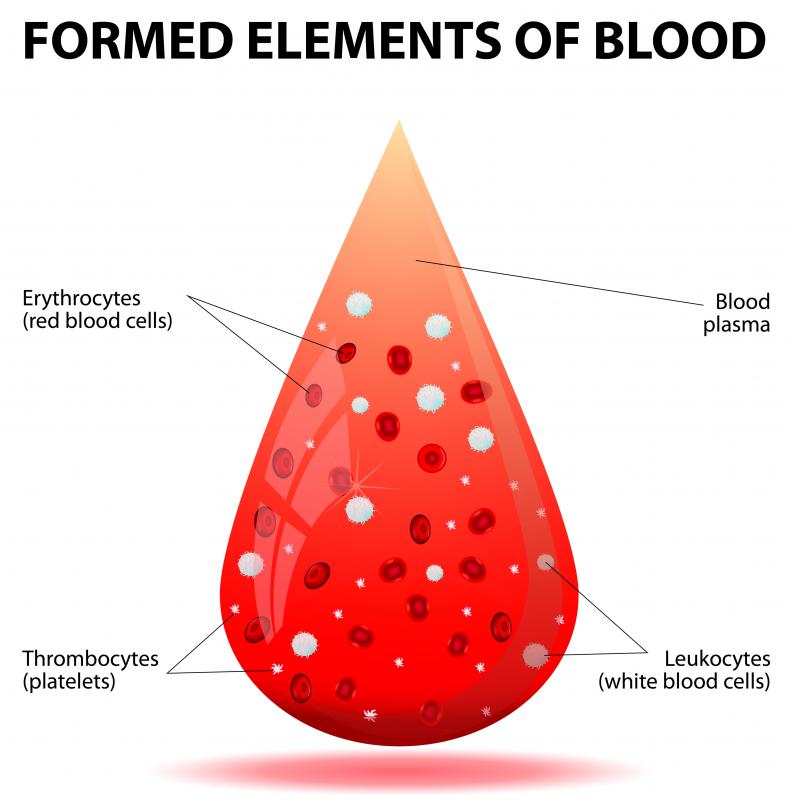At TheHealthBoard, we're committed to delivering accurate, trustworthy information. Our expert-authored content is rigorously fact-checked and sourced from credible authorities. Discover how we uphold the highest standards in providing you with reliable knowledge.
What Is Immune Homeostasis?
Immune homeostasis is the body’s tightly regulated system of physiological checks and balances that equips it with a multi-faceted line of defense against invasion by foreign pathogens or growth of self-antigens. In healthy individuals who maintain a healthy state of immune homeostasis, the challenge of a foreign and potentially infectious antigen or self-created antigen that threatens the health of an organ or organ system initiates a cascade of appropriate responses that aim to restore the body to its previously unhindered state. A traditional exogenous immune response begins once the pathogen has crossed a barrier like the skin, nose, or digestive tract. Next, tissue bactericides are created that can kill many of the most common invaders. The cascade advances, if needed, to the deployment of natural killer cells, also called lymphocytes, to finish the immune response; the body then reverts itself to its pre-fight balance and completes the cycle of homeostasis.
The immune system relies on its diverse array of attack mechanisms to keep the body from succumbing to the daily barrage of potentially life-threatening exogenous pathogens or allergens. The healthy maintenance of a lymphocyte population is at the forefront of balanced immune homeostasis. For example, immunologists focus a large part of their research on defining the physiological stimuli that causes these fighter cell populations to grow and become proficient in a specific area of the immune response, a process called differentiation.

Research shows that the daily attack upon the immune system is an important part of maintaining enough mature immune cells, defined as those that are able to recognize and quickly mount a defense, to keep a relatively constant state of immune homeostasis. An analogy can be drawn between the vaccines recommended to prepare the body to fight off serious infection with the stimulation of killer cells by foreign particles in a non-active injection with the normal, day-to-day “training” these cells receive merely by a person breathing allergens inside the home.

When immune homeostasis becomes disrupted under particular circumstances, the body’s immune response can become underactive or overactive. When the immune response becomes unresponsive or inefficient, serious immune disorders like cancer may present; the cells that would have recognized the cancer cells as dangerous may not been adequately prepared through immune differentiation and signaling. Autoimmune disorders are on the overactive side of the homeostatic spectrum. For example, the autoimmune disease multiple sclerosis presents when the body perceives tissues associated with the nervous system like the brain and spinal cord as foreign and dangerous and mounts an attack against these tissues. Many, if not most, medications on the market treat disease by trying to correct immune homeostasis to some extent.
AS FEATURED ON:
AS FEATURED ON:













Discuss this Article
Post your comments